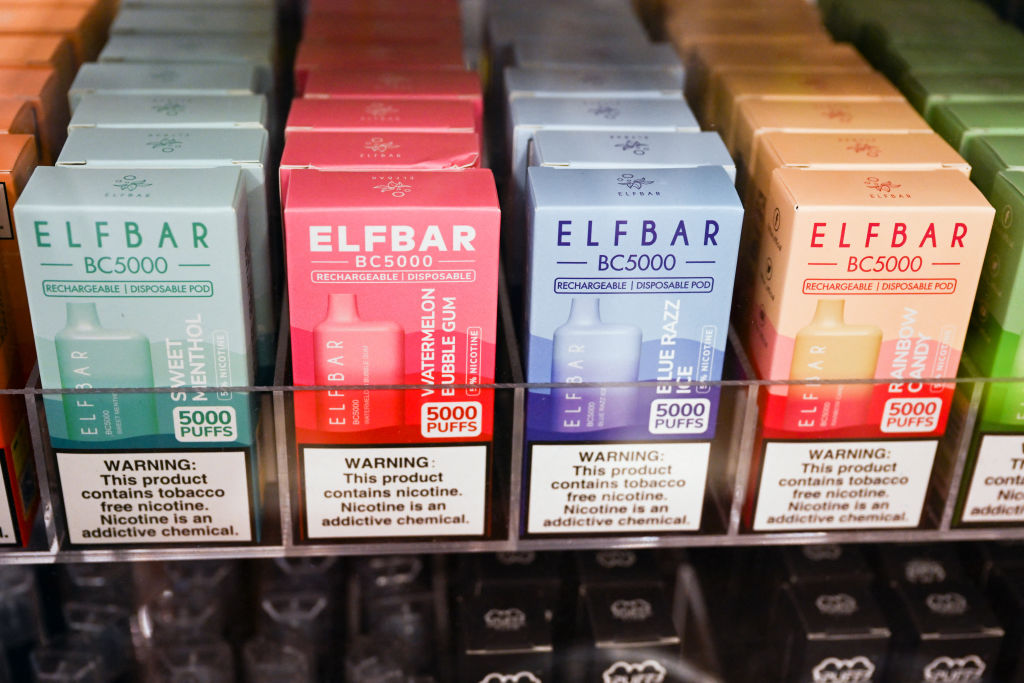Part of me wishes that disposable vapes had never been invented. Until they arrived, it seemed like the battle for tobacco harm reduction in Britain had been won. The kind of people who want to ban everything wanted to ban e-cigarettes, but most people could see that they were a relatively harmless substitute for cigarettes and were helping to drive down smoking rates.
Then along came the Elf bars and Geek bars and the mood began to sour. Whether it was because of the price or the colours or because it was simply a fad, they became somewhat popular with teenagers, just as Juul had become popular with high school students in the USA a few years earlier.
It was easy to exaggerate the scale of underage vaping. By last year, 80 per cent of 11 to 17 year olds had never tried an e-cigarette and only four per cent were regular users. A much higher proportion of school kids had been smokers only ten years earlier, but smoking was now virtually obsolete. It was fair to assume that the teenagers who would have smoked were vaping instead and while this was objectively an improvement, it was little consolation to the parents and teachers of teen vapers.
Environmentalists were not happy either. Disposable vapes, they claimed, used enough lithium every year to make the batteries for 1,200 electric cars. When you consider that 350 million electric cars are due to be made by 2030, this is not a big number, but nor is it nothing and, although disposable vapes can be recycled, it is generally better to reuse than recycle.
This week the government announced that the sale of disposable vapes will be banned from July next year. The ban was announced by Mary Creagh ,who rejoices under the job title of Minister for the Circular Economy. In a press release, she focused on the environmental benefits of getting rid of disposable vapes and she got supportive quotes from two climate activists. If littering and waste are the government’s true concerns, the ban may work. The e-cigarette industry is already re-engineering disposable vapes to make them rechargeable and selling them at a similar price point. But if the government expects to see teenagers lose interest in vaping as a result, it is likely to be disappointed.
It is like banning cider to deter underage drinking. Cider is disproportionately popular with teenagers, but if they couldn’t get hold of it, they would drink something else. The EU banned menthol cigarettes a few years ago using the same logic, but it doesn’t seem to have had any effect on underage smoking and, thanks to the black market, adults in the EU are still smoking menthols.
Whether the black market ensures that people are still vaping disposables this time next year remains to be seen. A large segment of the e-cigarette market is already illegal and unregulated and too many retailers are selling vapes to children illegally. Littering is also illegal. As so often with the British state, it would be better to enforce the laws that already exist than to add more legislation to the pile, but that would require a bit of effort from our public servants.
What can we expect if the ban on disposable vapes has failed to reduce underage vaping in a year’s time? More legislation, of course. Fixing things costs money. Banning things doesn’t.







Comments